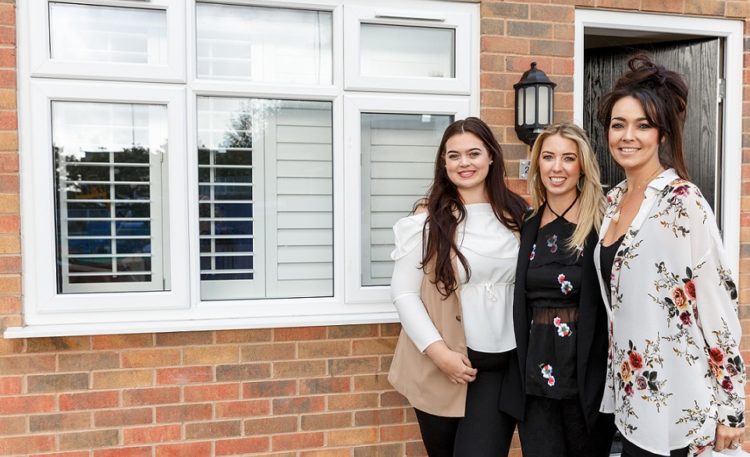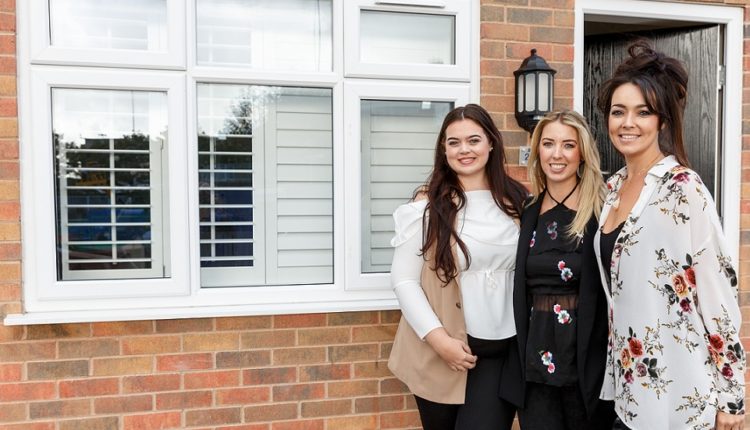Mersey and Lancs low carbon project for SMEs seeks fresh funding
£5.2bn Low Carbon Eco-Innovatory is a business support consortium led by Liverpool John Moores University with partners the Universities of Liverpool and Lancaster. Tony McDonough reports

A £5.2m project to help small firms in Merseyside and Lancashire adapt to the new low-carbon era is seeking to extend its work to 2023 after helping 200 companies.
The Low Carbon Eco-Innovatory (LCEI) is a business support consortium led by Liverpool John Moores University (LJMU) with partners the University of Liverpool and the University of Lancaster. It is backed with £2.6m from the European Regional Development Fund (ERDF).
LCEI offers firms free access to experts and local test facilities. Companies are supported in packages ranging from one month to three years depending on their needs. So far 51 companies have been helped to develop a new product and more than 10,000 tonnes of greenhouse gases has been saved – six times the project’s target.
However, if the work is to continue the project will need more funding and, given both the Conservative and Labour parties say they are committed to ‘greening’ the UK economy, there is optimism new funding can be secured.
Carbon planning
To date, the cross-sector project has helped a vast range of firms from biotechnology and smelting to kitchen designers and safari parks.
“Everybody is either concerned or confused or both by the issues of low carbon planning, energy efficiency, waste management, recycling and use of renewable energy,” said project manager Paul Dickson.
“The variety of businesses making moves to lower carbon is simply staggering. Everyone is having the realisation that far from raising costs, low carbon can in many instances actually lower costs. What we’ve been offering is a road map forward, to not only lower your carbon footprint but to increase profitability.”
Thermal blind
One business to have benefited from LCEI is Rechelle Davies, founder of Merseyside firm Energy Fairies. She developed an idea for a thermal blind to help keep homes warm. Thanks to the project the product went from drawing board to market-ready.
Her prototype was taken to JMU’s Byrom Street Campus where the School for Built Environment boasts three labs which are actual houses – one from the 1920s, one from the 1970s and one modern day.
She added: “The labs allowed our product to be tested in a really good representative sample of UK homes, and against standard blinds and shutters. There’s no way we could have achieved what we have so far without that sort of rigorous, scientific test-driving.”
In another case, a brewery which produced three tonnes of waste grain each week were able to find an expert who recommended turning the grain into biomass and turning a cost into an asset.
Climate emergency
Paul added: “So far we’ve cut carbon usage by more than 10,000 tonnes and really that’s just scraped the surface of what’s possible.
“Not many businesses are optimised for low carbon, in fact many haven’t even started. Unlike larger companies, busy SMEs rarely have the in-house resources or skills to respond to the climate emergency on their own, even if they wanted to.”
The Low Carbon Eco Innovatory is hosted by Liverpool John Moores University. Call 0151 231 2649 or email ec***********@*****ac.uk for more information.

